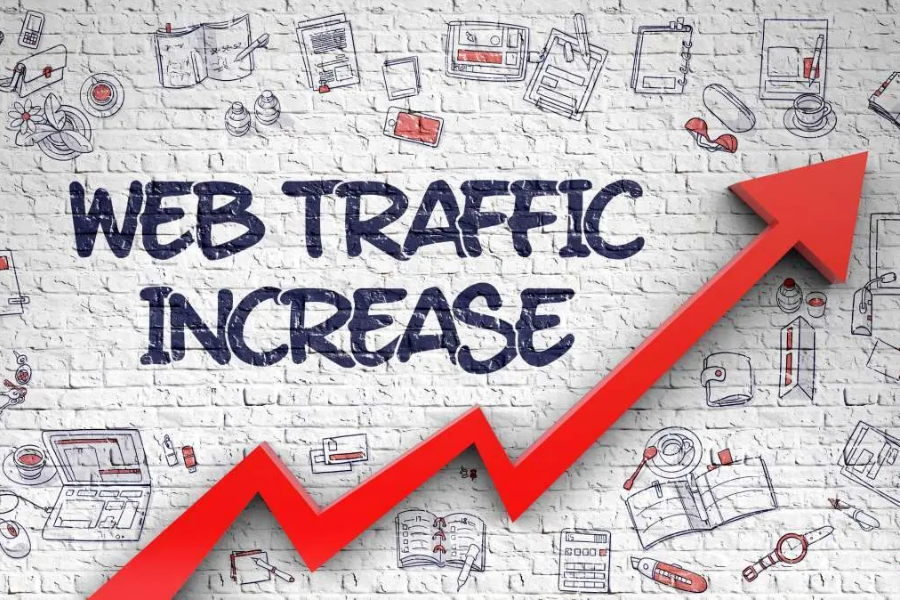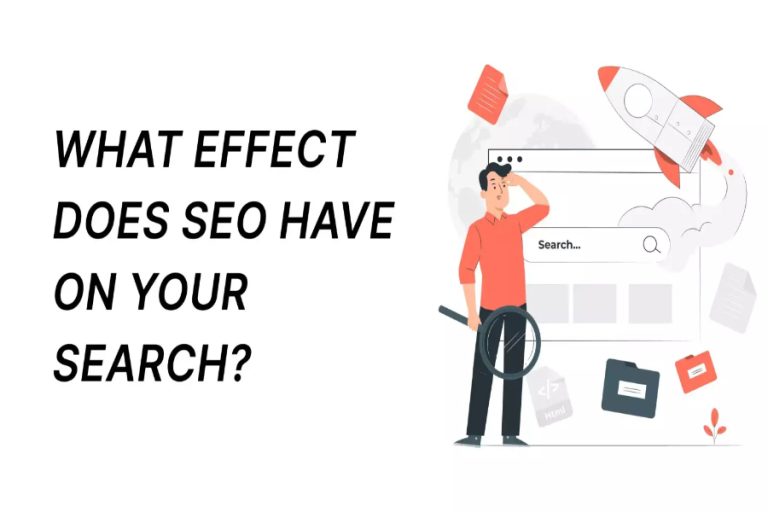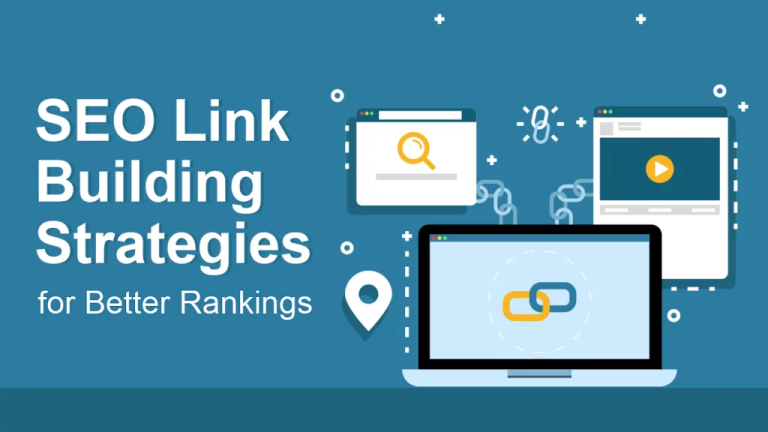How Can SEO Increase Web Traffic?
Navigating the digital landscape involves mastering the intricacies of Search Engine Optimization (SEO), a dynamic force that holds the key to heightened online visibility. The query persists: How can SEO increase web traffic? This introduction initiates a comprehensive exploration, unraveling the intricate threads of SEO and elucidating its pivotal role in transforming not just search engine rankings, but fundamentally reshaping the ebb and flow of web traffic. Join us in deciphering the nuanced strategies that propel websites to new heights in the constantly evolving online arena, where SEO isn’t just a tool—it’s the guiding force behind a website’s ascendancy in the digital hierarchy.
Table of Contents
Understanding SEO Basics For How can SEO increase web traffic
Explanation of SEO (Search Engine Optimization)
SEO, or Search Engine Optimization, is the strategic art of enhancing a website’s visibility on search engines. It involves optimizing various elements, such as keywords, meta tags, and backlinks, to align with search engine algorithms. By tailoring content and technical aspects to meet these criteria, websites improve their ranking in search results. The question persists: How can SEO increase web traffic? SEO achieves this by making a website more discoverable to users searching for relevant information, thus attracting organic traffic. It’s the conduit through which websites transcend obscurity, connecting with audiences seeking precisely what they have to offer.
At 1REALTOUR, we specialize in elevating your online presence through expert SEO strategies. Our approach involves meticulous keyword research, strategic content optimization, and effective link-building, ensuring that your website not only ranks higher in search results but also attracts targeted traffic, ultimately driving your business towards digital success.
Key Elements: Keywords, On-Page Optimization, and Backlinks
Key elements in the realm of SEO encompass a trifecta crucial for online success: Keywords, On-Page Optimization, and Backlinks. Keywords serve as the navigational compass, strategically embedded in content, meta tags, and headers to align with user queries. On-Page Optimization fine-tunes a website’s architecture, focusing on title tags, meta descriptions, and URL structures for enhanced search engine visibility. Backlinks, the currency of the internet, are links from other websites that validate a site’s credibility. This harmonious interplay of keywords, optimization, and backlinks forms the backbone of a robust SEO strategy, propelling a website toward heightened visibility and increased web traffic.
In the dynamic landscape of SEO, staying abreast of algorithmic changes is paramount. Regular monitoring, strategic adjustments, and a proactive approach are essential to maintaining or improving search rankings. As algorithms evolve, our commitment to continuous learning and adaptation ensures that your website remains optimized for success.
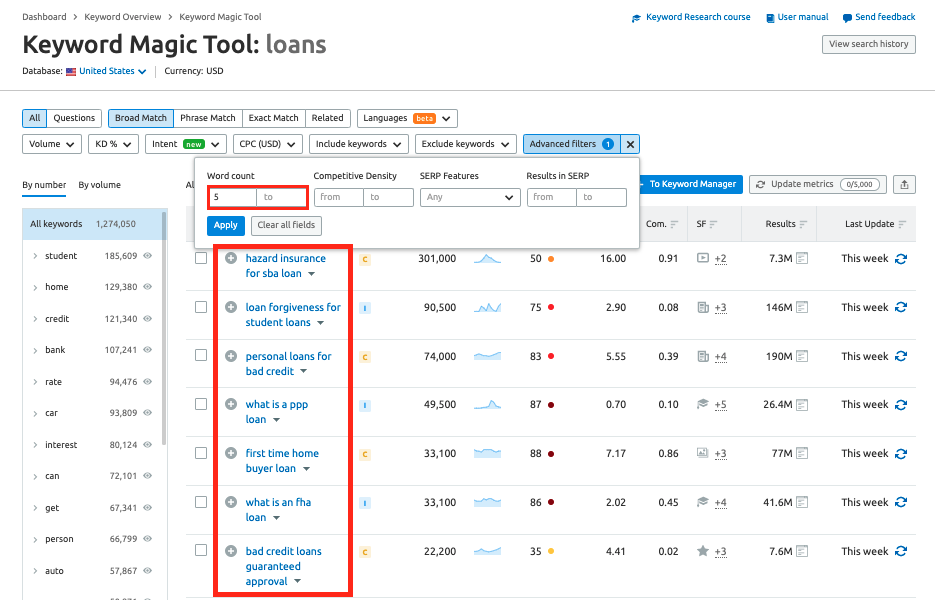
The Role of Keywords in SEO
Importance of Keyword Research
Keyword research stands as the cornerstone of effective SEO, wielding immense importance in shaping a website’s online presence. This strategic process involves identifying and selecting keywords relevant to a business or content, enabling alignment with user search queries. By deciphering the language users employ to seek information, businesses can strategically integrate these keywords into their content, meta tags, and headers. The result is a finely tuned digital presence that not only caters to user intent but also garners favorable attention from search engines. In essence, keyword research is the compass guiding websites toward optimal visibility, ensuring they surface prominently in relevant search results.
Furthermore, our commitment extends beyond conventional keyword research. We delve deep into understanding user intent, crafting content that not only incorporates keywords but also resonates with your target audience. This nuanced approach ensures a holistic strategy that not only boosts search engine visibility but also enhances user engagement, driving sustained online success.
Integration of Keywords in Content, Meta Tags, and Headers
The integration of keywords across various facets of a website is a pivotal strategy in the realm of SEO. This process involves harmoniously weaving selected keywords into the fabric of content, meta tags, and headers. Within content, keywords are strategically placed to enhance relevance without compromising the user experience. Meta tags, including titles and descriptions, provide concise yet keyword-rich summaries that captivate both users and search engines. Headers, structured with strategic keywords, serve as signposts for search engine crawlers, guiding them through the content hierarchy. This seamless integration ensures a symbiotic relationship between user-friendly content and search engine optimization, amplifying a website’s visibility.
Beyond the technicalities of keyword integration, our SEO strategy emphasizes crafting content that speaks authentically to your audience. By seamlessly blending selected keywords into the narrative, we ensure a compelling user experience. This holistic approach not only boosts search engine visibility but also captivates and retains your target audience, fostering lasting connections.
On-Page Optimization Techniques
Title Tags, Meta Descriptions, and URL Structure
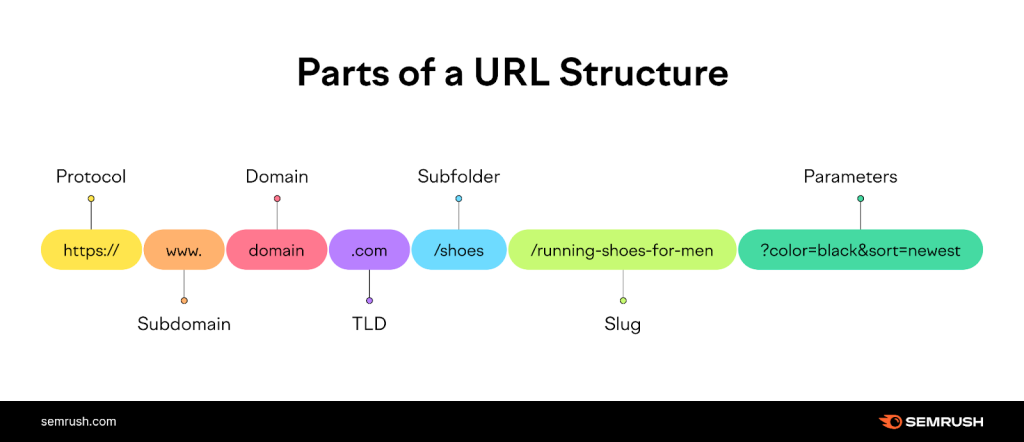
Navigating the intricacies of SEO involves meticulous attention to elements like Title Tags, Meta Descriptions, and URL Structure. Title Tags serve as the initial impression, encapsulating the essence of a page and featuring strategic keywords for search engine recognition. Meta Descriptions provide concise previews, enticing users with relevant information and prompting clicks. Meanwhile, a streamlined URL Structure contributes to both user experience and search engine readability. This trifecta plays a pivotal role in determining a website’s visibility. As we unravel the nuances, the question persists: How can SEO increase web traffic? These elements collectively contribute to making a website more enticing and discoverable, attracting organic traffic.
Quality Content Creation and Optimization
Quality content creation and optimization lie at the heart of a successful SEO strategy. Crafting content that not only meets user intent but also resonates with search engine algorithms is a delicate balance. This process involves the strategic integration of relevant keywords, ensuring their seamless incorporation for enhanced visibility. Additionally, optimization extends beyond keywords to encompass multimedia elements, headings, and structure, creating a holistic user experience. By presenting valuable, well-optimized content, a website not only attracts users but also establishes itself as a credible source in the eyes of search engines, fostering improved rankings and increased web traffic.
User Experience and Mobile-Friendliness
In the dynamic landscape of SEO, user experience (UX) and mobile-friendliness emerge as paramount considerations. A seamless and intuitive user experience is not only appreciated by visitors but also favored by search engines. This involves optimizing website design, navigation, and accessibility. Equally critical is mobile-friendliness, ensuring that websites adapt flawlessly to various devices. With a significant portion of users accessing content on mobile devices, a mobile-friendly design is pivotal for both user satisfaction and search engine rankings. As search algorithms prioritize responsive design, combining a superior UX with mobile-friendliness becomes a strategic imperative for enhancing SEO and driving increased web traffic.
The Impact of Backlinks on SEO
Definition and Significance of Backlinks
Backlinks, the digital endorsements from other websites, serve as a testament to a site’s credibility and authority in the vast expanse of the internet. These links, directing users from one site to another, are not mere connectors; they are endorsements that search engines value. The significance of backlinks lies in their ability to validate a website’s relevance and quality. Search engines perceive a higher number of quality backlinks as a vote of confidence, propelling the linked site to superior search rankings. As a result, backlinks play a pivotal role in enhancing a website’s visibility, credibility, and overall success in the digital realm.
Strategies for Acquiring High-Quality Backlinks

Acquiring high-quality backlinks demands strategic finesse in the dynamic landscape of SEO. One effective strategy involves creating compelling, shareable content that naturally attracts links. Outreach initiatives, where websites form partnerships or collaborations, can foster mutually beneficial link-building opportunities. Participating in industry forums, contributing to discussions, and showcasing expertise can position a website as a reputable source, encouraging organic backlinks. Additionally, leveraging social media platforms and employing influencer collaborations can amplify a site’s reach, garnering valuable backlinks. These nuanced approaches, coupled with a commitment to delivering valuable content, contribute to the organic growth of high-quality backlinks, bolstering a website’s authority and SEO standing.
Content Marketing and SEO
Creating Valuable and Relevant Content
The essence of successful SEO lies in creating content that transcends mere information to become a valuable and relevant resource for users. This involves understanding the audience’s needs and crafting content that addresses those needs comprehensively. By offering insights, solutions, and engaging narratives, a website becomes not just a destination but a sought-after authority in its niche. This approach not only attracts organic traffic but also encourages backlinks from other reputable sources. In the intricate dance of SEO, content emerges as the linchpin, driving both user engagement and search engine recognition for sustained online success.
Utilizing Content for SEO and User Engagement
Utilizing content effectively serves as a dual-purpose strategy in the SEO landscape. Beyond being a vehicle for information delivery, content becomes a potent tool for both SEO and user engagement. Strategic integration of keywords, relevant multimedia elements, and optimal formatting enhances a website’s visibility in search engine results. Simultaneously, well-crafted content captivates users, encouraging longer dwell times and repeat visits. This symbiotic relationship aligns with the overarching goal of SEO: not just to increase search engine rankings, but to elevate user experience. Thus, the strategic use of content not only attracts organic traffic but also fosters meaningful engagements, amplifying the impact of How can SEO increase web traffic.
Technical SEO Considerations
Site Speed and Performance
In the ever-accelerating digital realm, site speed and performance stand as critical determinants of a website’s success. Users, accustomed to instantaneous access, favor swift-loading pages. Search engines, recognizing the importance of user experience, prioritize sites that offer speedy performance. By optimizing site speed through efficient coding, compressed images, and streamlined scripts, websites not only enhance user satisfaction but also gain favor in search engine algorithms, contributing to improved rankings and increased web traffic.
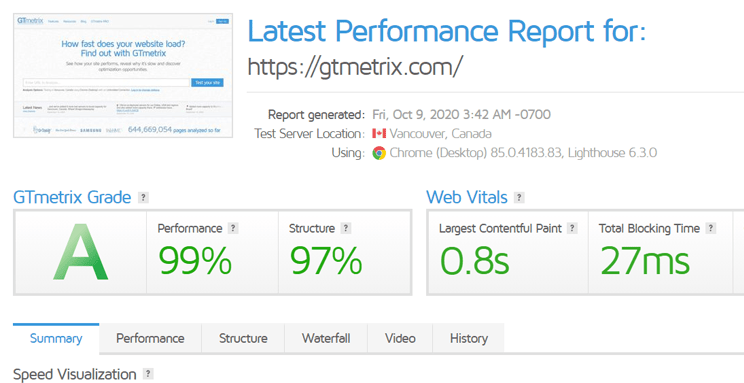
XML Sitemaps and Robot.txt Files
XML sitemaps and robot.txt files are behind-the-scenes navigators that wield significant influence in the SEO landscape. XML sitemaps guide search engine crawlers, providing a roadmap to the site’s structure and content. Meanwhile, robot.txt files serve as virtual bouncers, directing crawlers on areas to access or avoid. By ensuring these elements are well-optimized and aligned with SEO objectives, websites enhance their visibility and streamline the crawling process, contributing to improved search rankings and heightened web traffic.
Local SEO for Targeted Web Traffic
Importance of Local SEO for Businesses
Local SEO emerges as a vital lifeline for businesses seeking regional prominence in the vast online arena. This strategic approach ensures that businesses appear prominently in local search results, catering directly to nearby consumers. By optimizing Google My Business profiles, local directories, and location-specific keywords, businesses enhance their visibility among local audiences. This hyper-targeted focus not only fosters community engagement but also positions businesses favorably in search rankings, driving increased web traffic from potential customers in their immediate geographical vicinity.
Optimizing Google My Business and Local Directories
Optimizing Google My Business and local directories forms the backbone of successful local SEO strategies. By ensuring accurate business information, compelling descriptions, and high-quality images, businesses enhance their visibility in local search results. Google My Business, in particular, serves as a dynamic hub for connecting with nearby customers, providing crucial details, and encouraging reviews. Similarly, listing on relevant local directories builds credibility. This meticulous optimization not only cultivates a strong online presence within the community but also contributes to improved search rankings and increased web traffic.
Conclusion
In the dynamic digital landscape, the journey through SEO unfolds as a transformative force, reshaping how websites are discovered and engaged with online. Navigating through the intricacies of SEO is not just a pursuit of rankings; it’s a strategic endeavor to enhance web traffic sustainably. As we conclude, the question echoes: How can SEO increase web traffic? The answer lies in the harmonious integration of keywords, content, and optimization strategies that not only elevate search engine visibility but also captivate and satisfy users. In this synergy, websites find not just increased traffic, but a sustained pathway to online success.
Read More Web Technologies Company NYC
FAQ’S
How does SEO impact web traffic?
SEO enhances visibility on search engines, leading to increased organic traffic by optimizing content and utilizing relevant keywords.
How long does it take to see results from SEO efforts?
SEO results vary, but improvements in web traffic are typically noticeable within a few months of consistent optimization.
Is professional assistance necessary for effective SEO?
While some basics can be done independently, professional SEO services ensure comprehensive strategies for optimal web traffic growth and sustained results.
